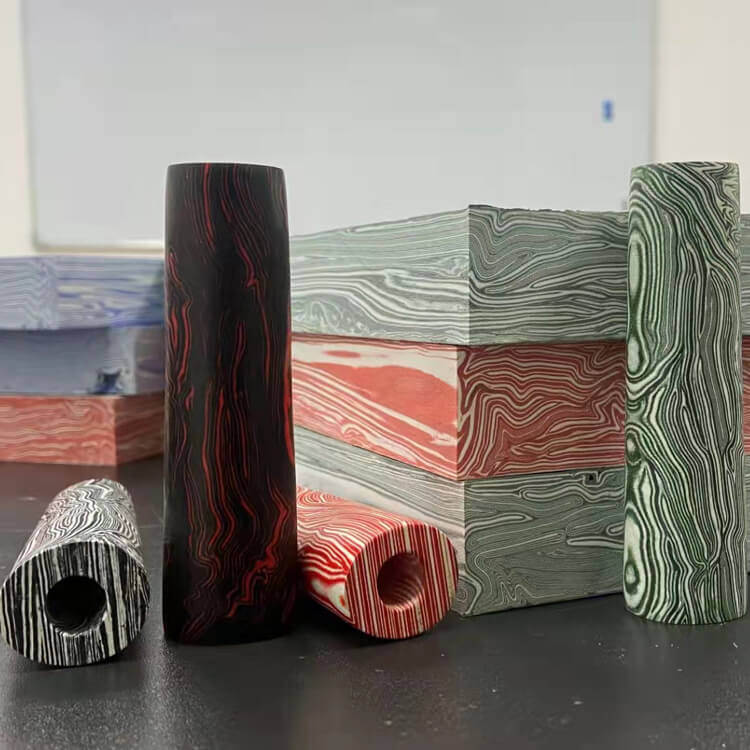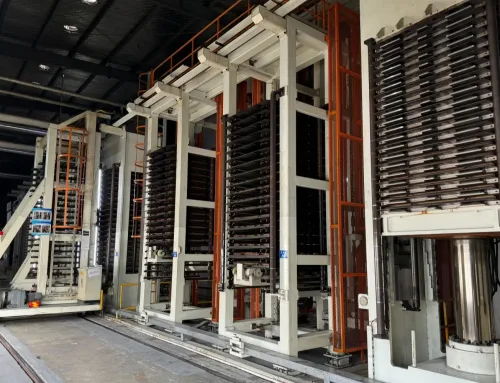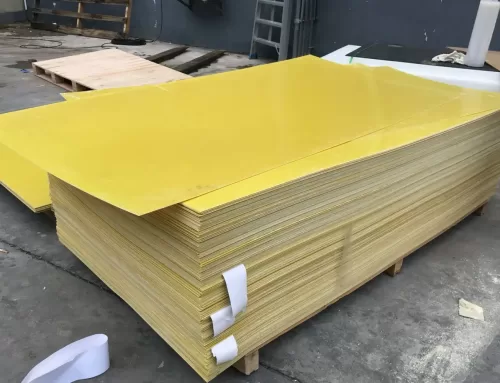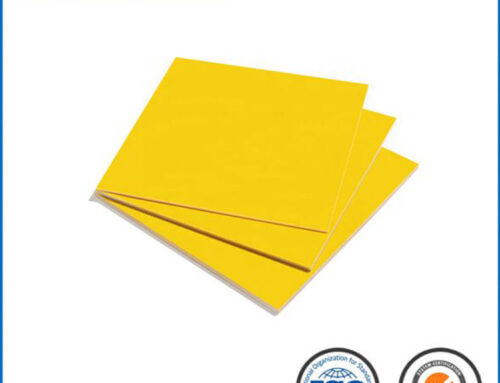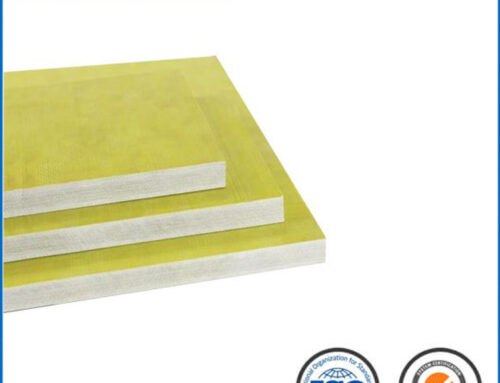Understanding the Hardness of Epoxy Resin: A Material Science Perspective
Epoxy resin is a two-component system consisting of resin and hardener. When these two substances are mixed together, a chemical reaction occurs that causes the liquid mixture to cure, harden, and form a solid plastic material. The hardness of the resultant epoxy resin is an essential factor that determines its suitability for various applications.
The hardness of epoxy resin can vary greatly depending on the specific formulation of the resin and hardener, the curing conditions, and any additives or fillers that are included in the mixture. Typically, once fully cured, epoxy resin forms a hard, strong, and durable surface that can withstand significant mechanical stress. Its hardness can be compared to that of a hard plastic when fully cured.
The Shore D hardness scale is commonly used to measure the hardness of epoxy resins. This scale quantifies the material’s resistance to indentation, with higher numbers indicating greater hardness. Most standard epoxy resins, when fully cured, have a Shore D hardness rating of 80-85, making them harder than most plastics.
The hardness of epoxy resin has significant implications for its use. For instance, a harder epoxy resin is generally more resistant to scratching, abrasion, and impact damage, making it suitable for high-wear applications such as industrial flooring and protective coatings. On the other hand, a less hard or more flexible epoxy resin may be desirable in applications that require a degree of flexibility, such as bonding dissimilar materials or environments subject to temperature changes.
It’s also worth noting that the curing process plays a significant role in determining the final hardness of the epoxy resin. Factors such as the temperature during curing, the exact ratio of resin to hardener, and the curing time can all influence the hardness of the final product. It’s crucial to follow the manufacturer’s instructions carefully to achieve the desired hardness and other properties.
While epoxy resin is generally a hard and durable material, its exact hardness can vary depending on various factors. Understanding these factors and how they influence the final properties of the epoxy resin is crucial when selecting the right epoxy resin for a specific application. Whether you’re creating a high-wear industrial floor, a piece of jewelry, or a river table, the hardness of the epoxy resin will play a key role in the success of your project.

